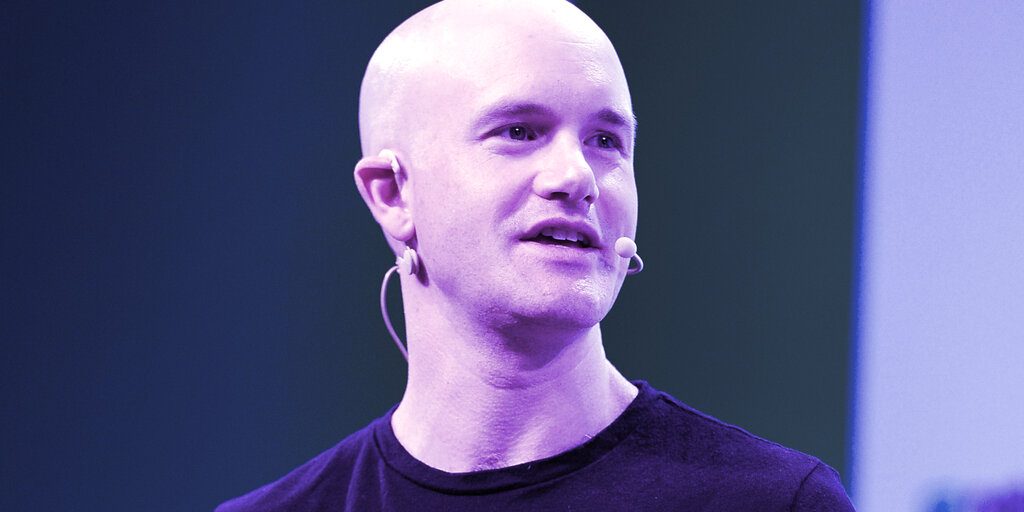Crypto Exchanges Have Customer Service From Hell
When it comes to customer service surveys, cable companies and airlines typically rank dead last. But crypto companies give them a run for their money.
In the case of widely-hated Comcast or Frontier Airlines, you can eventually get a live human to take your call. Sure, it might take forever, and the agent you reach might prove useless, but those companies employ people to talk to you. No such luck in cryptoland.
Even crypto’s best-in-breed brokerages, Coinbase and Robinhood, don’t have a working phone number. If you run into trouble on their platforms, you can wade through online help pages looking for answers, or email for an automated response. If that doesn’t work and your need is urgent, god help you.
The predicament of crypto customers is driven home to me every time I write about a class action lawsuit that describes outrageous customer service offenses by Coinbase or Robinhood. In response, my inbox lights up with pitiful emails along the lines of, “My money is missing and no one at the company will answer me. You’re my last hope. Please do something.”
Sorry buddy, I would if I could. But you’re dealing with organizations that make the Post Office or the DMV look helpful in comparison. In just the latest example of crummy behavior, 6000 (!) Coinbase customers had their accounts wiped out in phishing attacks, and only this week did the company see fit to tell them about it and provide a phone number to help.
Why do crypto companies behave this way? Easy. The answer is money. Robinhood and Coinbase were forged in Silicon Valley, where the most important value is scaling—getting big and rich as fast as possible. Hiring humans, especially ones who work in a cost center like customer service, gets in the way of that mission. Why pay someone to answer to a phone when you can spin up a chatbot or a website Q&A instead? They made a calculation that it’s worth driving a small percentage of customers to despair as long as they’re making bank off the rest.
That calculation has worked out just dandy for them. Robinhood went public in July and is pulling in crypto profits (though Q3 was less glamorous), while Coinbase posted record profit of $1.6 billion last quarter. They could use some of that moolah to hire a whole skyscraper of phone operators, but that might slow down their plans to scale bigger.
The question is how much longer this can go on. The reason cable and internet service providers can be so awful is because they’re monopolies or near-monopolies. Their customers have literally nowhere else to go. That’s not the case with crypto, where new competitors arrive almost every week, offering the same core service of helping you buy and sell Bitcoin and Ethereum. If some of those challengers decide to treat their customers like humans, they might just snap up a lot of market share.
There are signs the big players are getting the message. Coinbase announced a 24/7 phone line should be coming by the end of the year, and Decrypt hears Robinhood is going to do the same even sooner. It’s about time. Successful consumer brands like Toyota, Nike, Costco, and Google have learned you can achieve multi-billion dollar market caps without treating your customers like garbage. It’s time for crypto companies to do the same.
This is Roberts on Crypto, a weekend column from Decrypt Editor-in-Chief Daniel Roberts and Decrypt Executive Editor Jeff John Roberts. Sign up for the Decrypt Debrief email newsletter to receive it in your inbox in the future. And read last weekend’s column: Solana’s Growing Pains.
2 October 2021 14:00

